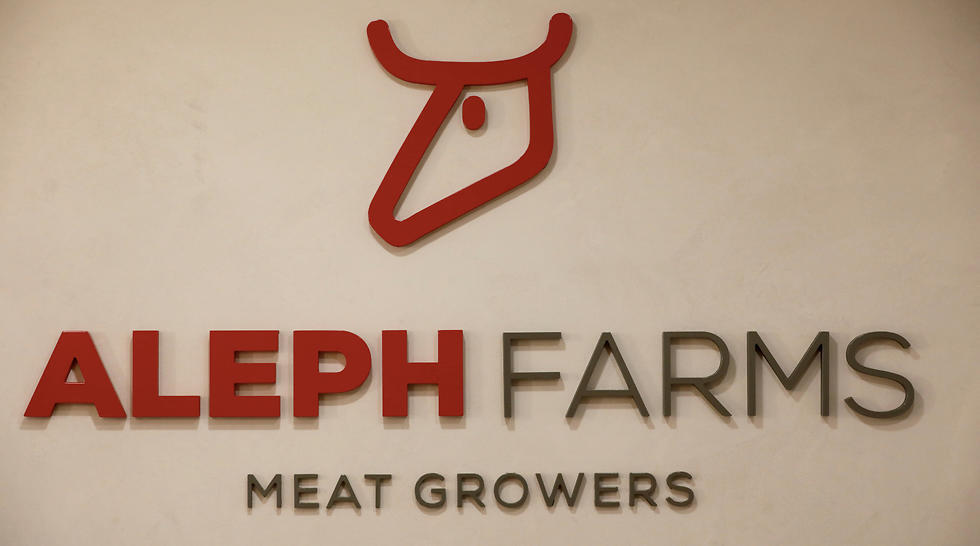Getting your Trinity Audio player ready...
Israeli researchers managed to grow the world’s first-ever, fully sized laboratory-grown steak, using innovative three-dimensional bio-printing technology and non-engineered meat cells.
Israel’s Aleph Farms claims to be the first company to have developed steak in a laboratory using a small number of cells taken from a cow, avoiding the need to slaughter the animal in the process or use antibiotics which can be harmful to meat eaters.
According to the researchers responsible for the breakthrough, the engineered steak contains muscle and fat tissue, and has the same appearance, taste and smell as a regular entrecote cut of beef obtained from slaughter.
Aleph Farms developed the steak in partnership with Prof. Shulamit Levenberg, a senior advisor in the company and the dean of the Biomedical Engineering Department at Israel’s Technion Institute of Technology.
“This is an important milestone in technological development and in our mission to produce variability of [lab-grown] meat,” said Prof. Levenberg. “This achievement was made possible thanks to us overcoming the technological barriers that had stopped us before.”
The steak itself is based on three-dimensional bio-printing, an approach in which natural cells derived from animals are grown in a unique substrate, which then envelops the cells in a way that encourages them to produce the building blocks of the cut's tissue.
The researchers then gain control of the way the cells interact with the created tissue, allowing the company to print a steak in any cut, thickness, texture and flavor.
“This is a dramatic development for the company that reflects the artistic realization of our team's scientific experience,” said the company's founder and CEO, Didier Toubia.
"I get to work with some of the best people in the world in this field. We know that today there are consumers who would prefer thicker and fatter cuts. The current breakthrough represents our commitment to consumers' unique preferences and tastes,” added Toubia.
“In my opinion, these developments are a great leap in the fulfillment of our vision - to be a leading actor in changing the global food system, towards a more egalitarian, safer and sustainable world."
Reuters contributed to this report




